The French Broad River is the third oldest stream in the world, the first and second oldest being the Nile and the New River (the latter also begins in North Carolina). So old that it is practically devoid of fossils, the French Broad is even older than the Appalachian Mountains through which it flows.
The river provides a perfect introduction to kayaking and rafting and offers class II-IV whitewater, suitable for beginner to intermediate paddlers. It was named by settlers centuries ago because it was one of two broad rivers in western North Carolina. The one that flowed through land claimed by France at that time was named the “French Broad River,” while the other, which flowed through land claimed by England was named the “English Broad River”. (The latter was later eventually renamed simply the “Broad River”.) The French Broad begins just west of the Eastern Continental Divide and from there flows 212 miles from near the village of Rosman in Transylvania County, North Carolina. There are two principal rivers in Transylvania County: the Davidson River, which winds south through Pisgah National Forest, and the French Broad, which flows northwest towards Asheville. The North Fork of the French Broad River (FBR), which winds its way through Nantahala National Forest, provides some of the more challenging river water in the area. The French Broad’s confluence with the Holston River at Knoxville marks the beginning of the Tennessee River.
The river was a major factor in the settlement of lands in western North Carolina. During frontier days a steady flotilla of flatboats came down stream as people began settling what was then considered wild country just east of Tennessee.
In Cocke County, Tennessee, the French Broad receives waters from both the Pigeon and Nolichucky Rivers, after which the French Broad is impounded behind Douglas Dam, forming Douglas Lake.
Paddling the French Broad
The river follows a northeasterly direction as it flows through Transylvania, Henderson and Buncombe Counties. In Buncombe County it flows through the city of Asheville, where the French Broad receives waters of the Swannanoa River.
One of only a few rivers running north in the United States, the French Broad offers opportunities for many activities. Whitewater rafting is available from Marshall to Hot Springs on class 2, 3 and 4 rapids. Canoeing is enjoyable north of Hot Springs on a relatively calm section of the river.
Whitewater paddling in the Blue Ridge Mountains is a great experience. The East Fork section of the French Broad River in Transylvania County is 5.5 miles long and is classified as class 2 to 4 whitewater.
The upper reaches of the river are flat, providing ideal conditions for float trips. More adventurous river travelers might want to check out the FBR below Asheville, where the river develops into a powerful waterway. This section is for skilled paddlers only.
The North Fork of the French Broad should only be attempted by advanced boaters. Beginning on the eastern edge of the Nantahala National Forest, the area is marked by magnificent waterfalls.
In 1987, the North Carolina General Assembly established the FBR State Trail as a blueway which follows the river for 67 miles. A system of launch point locations was created along the river to facilitate access to the trail.
Past Douglas Dam, the FBR continues on its way. The next 10 miles of the river is ideal for flatwater paddling. Using one of the public ramps right below the dam, if you time your trip with those times when engineers are generating water you can paddle in style—with an energetic push of water behind you. The French Broad throughout its length is a great place to play in water and take in a variety of natural sights.
The French Broad River Paddle Trail, which opened in 2012 covers 120 miles of the river, stretching from Rosman to Tennessee. Along the way are eight canoe campsites, two in Transylvania County on land leased from private landowners.
What wildlife can be seen while paddling the FBR? White squirrels inhabit the area around Brevard. Similar in appearance to albinos, they can be spotted near Island Ford Road Access, Rhodes Ranch Campground in Etowah, and all around Brevard. Deer and muskrats are common along the French Broad; river otters are also occasionally seen. Notable bird species include Great Blue Herons, Green Herons, Kingfishers, Canada Geese, Wood Ducks, Mallards, Ospreys, Hawks and Bald Eagles. Two varieties of poisonous snakes are found in the area, viz., the copperhead and the timber rattler. It should go without saying: try your best to avoid getting bitten by any type of snake.
Ziplining
Imagine being suspended from a single strand of sturdy steel cable, gliding swiftly along leafy lanes of luscious green canopy–tree to tree, platform to platform–100 feet above the forest floor. An adrenaline rush of adventurous delight fuels a new level of excitement, exposing all of your senses to a distinctly different vantage point on nature and an amazing new awareness of your own abilities. Imagine a zipline canopy tour. Such tours are part of a growing trend called geotourism–tourism that enhances the geographic character of a place.
A zipline consists of a pulley suspended in a cable mounted on an incline. It allows its user, propelled by gravity, to travel from the top to the bottom of an inclined cable by holding on or attaching to the pulley. The force of gravity allows people to zoom down the cable to a destination point some 100 to 500 feet away. You travel at speeds of over 30 miles per hour at times, with feet dangling in the air.
The Blue Ridge Mountains provide the setting for a zipline adventure in the trees. After 30 years of providing rafting and canoeing experiences, the people at French Broad Rafting & Ziplines have expanded their adventure offerings from the river to the trees. Their zipline adventure course is tree-based with ten lines ranging from 75- to 1,000-feet long. For more information call French Broad Rafting and Ziplines at 1-800-570-7238.
Businesses that are available to help maximize your North Carolina waterway experiences include Headwaters Outfitters, located at the juncture of US 64 West and NC 215 on the FBR. It offers guided canoe and kayak trips and provides life jackets, safety information, shuttles to and from the river and changing rooms. The telephone no. is 828-877-3106.
Lake Toxaway Marine
offers sales, service, storage and rentals. For information call 828-884-6919. Pura Vida Adventures, headquartered on the Hendersonville Highway in Pisgah National Forest, offers canoe trips, kayak trips and instruction. The telephone number is 772-579-0005.
For more information about kayaking in general in western North Carolina contact, in the Brevard area, the Transylvania County Tourism Development Authority at 800-648-4523, and in the Asheville area, the Buncombe County Tourism Development Authority at 828-258-6101.
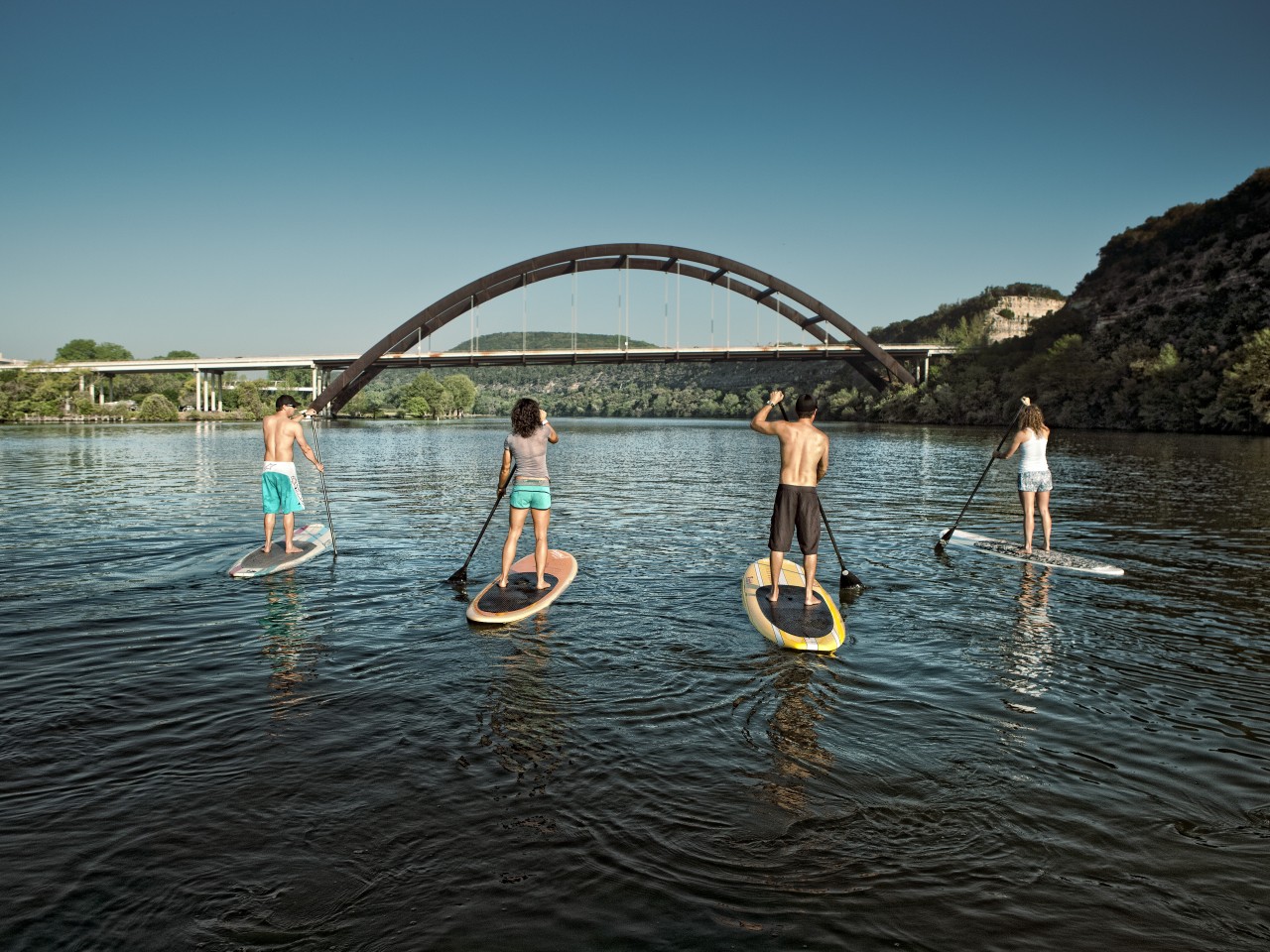

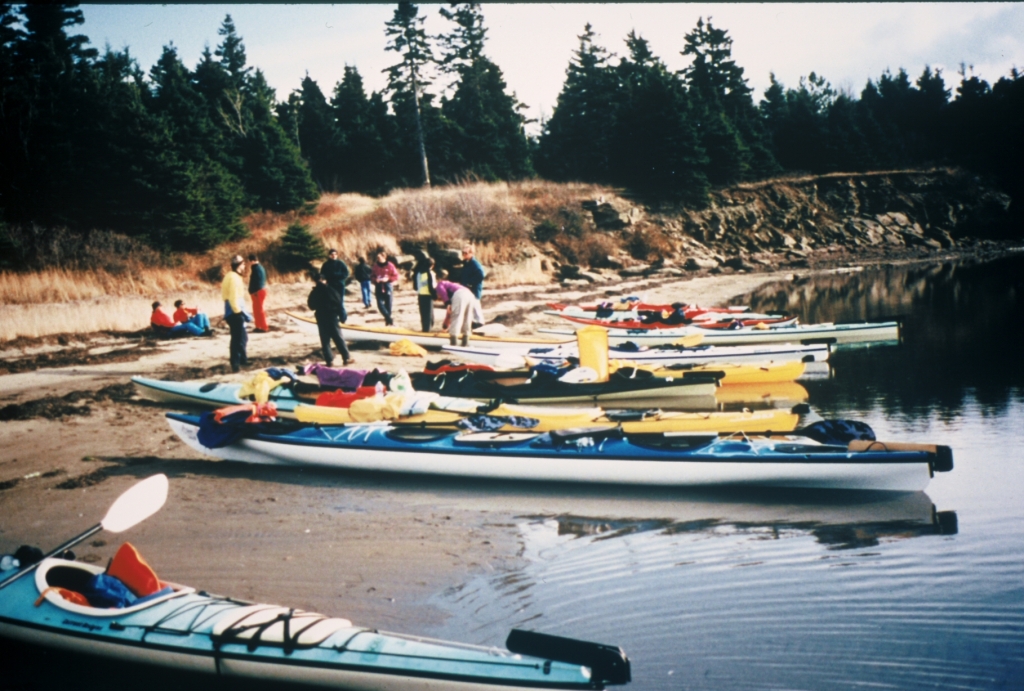
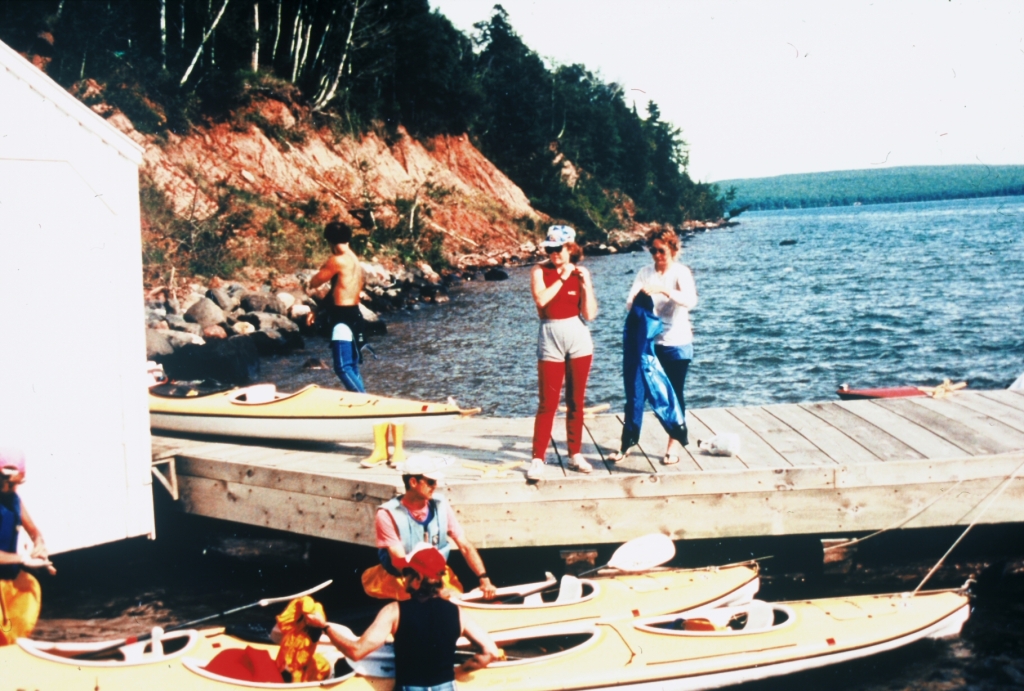
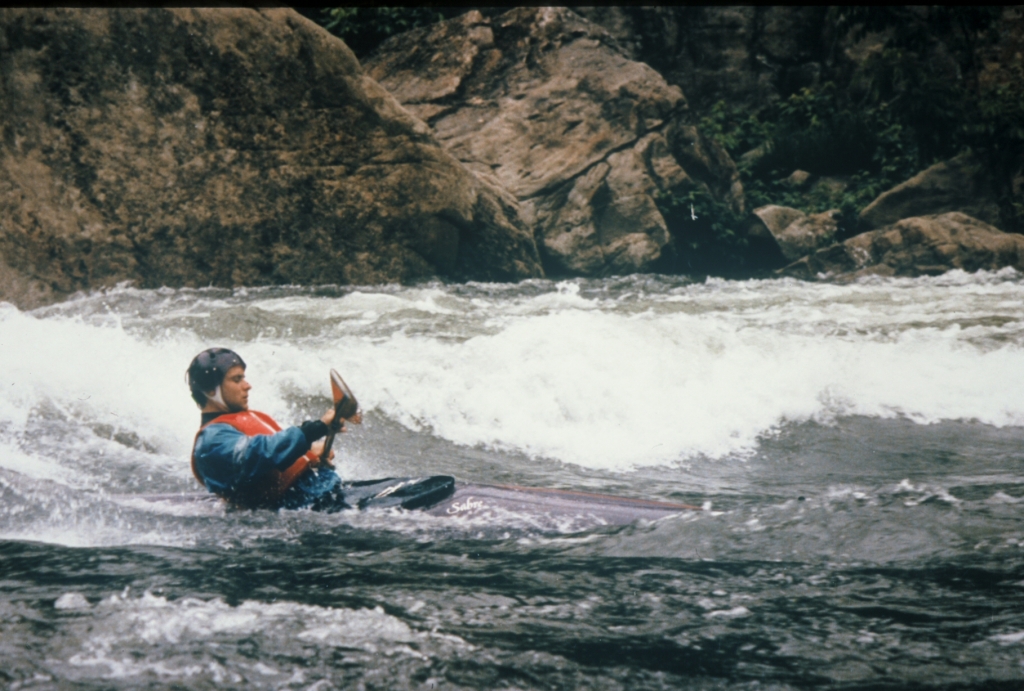
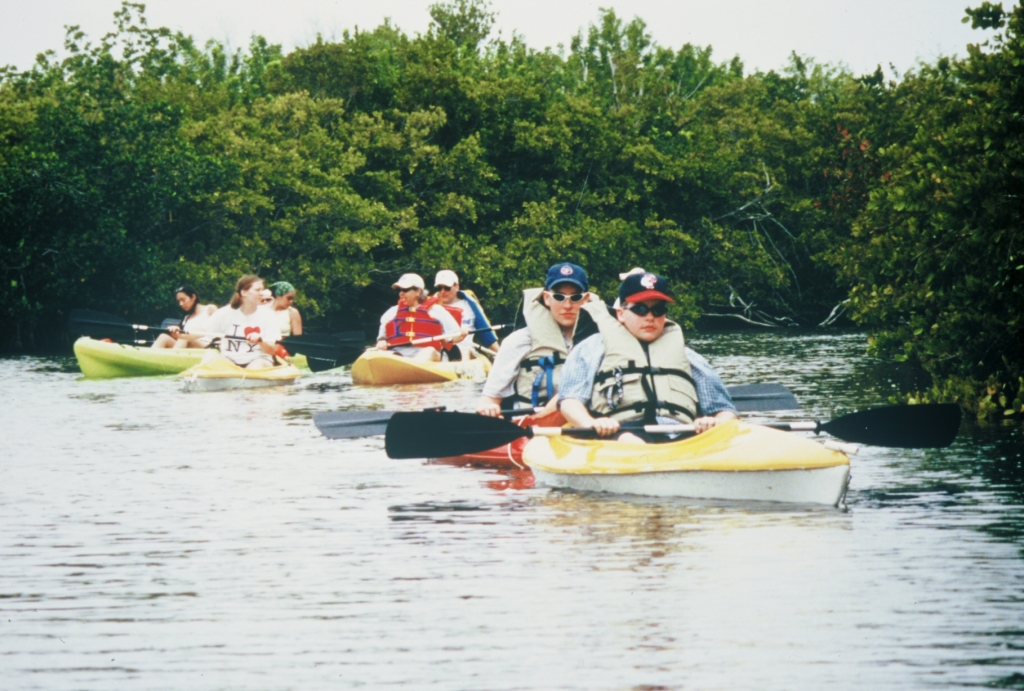
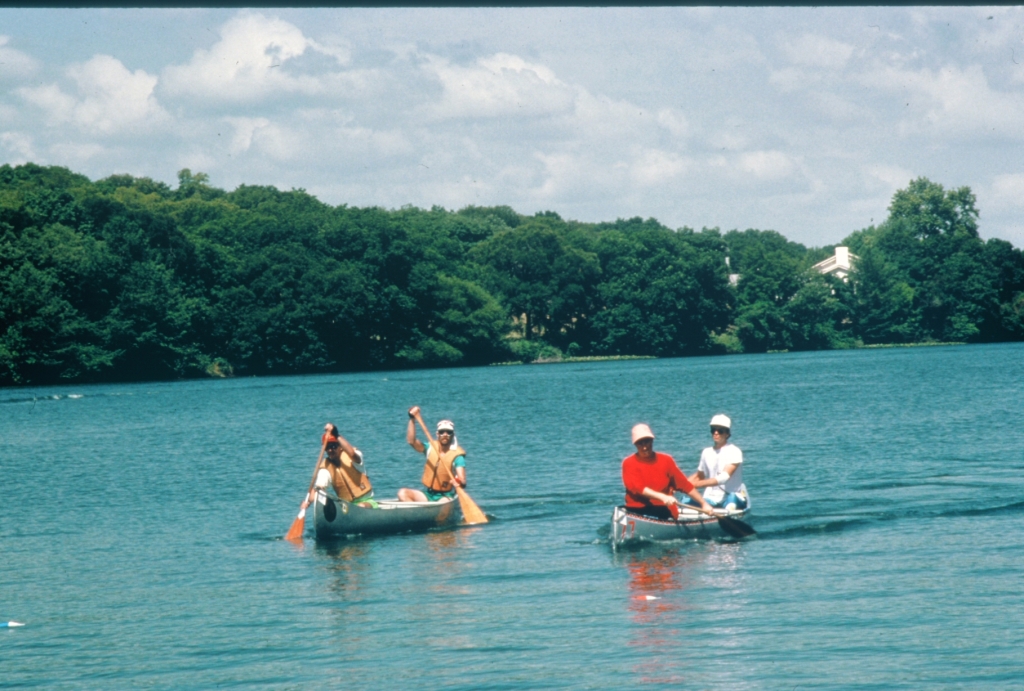
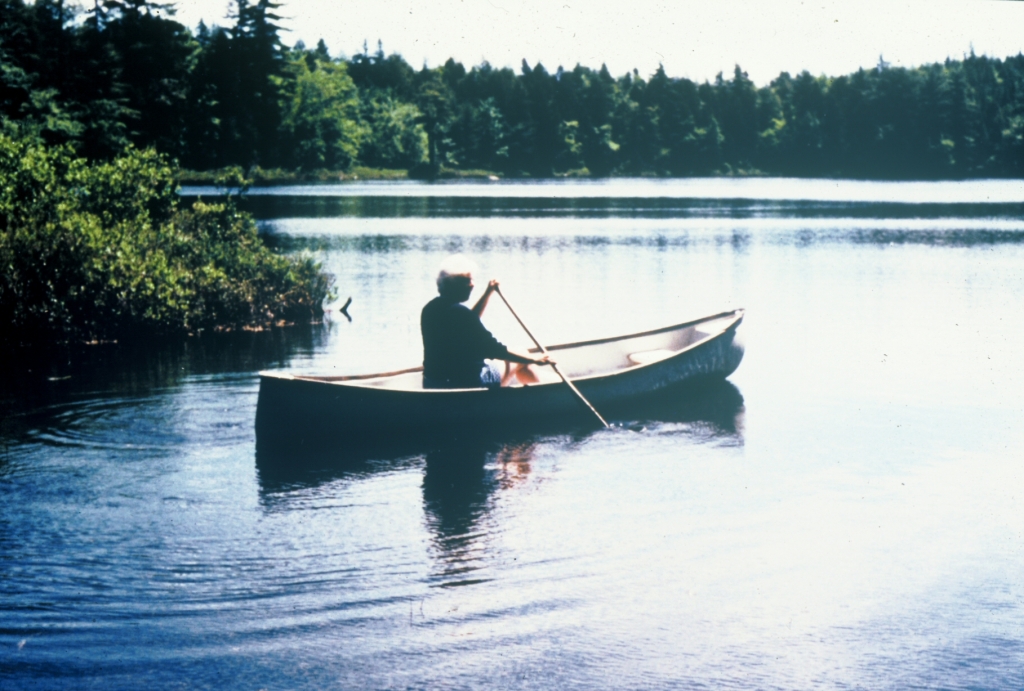
Follow us for the latest news!